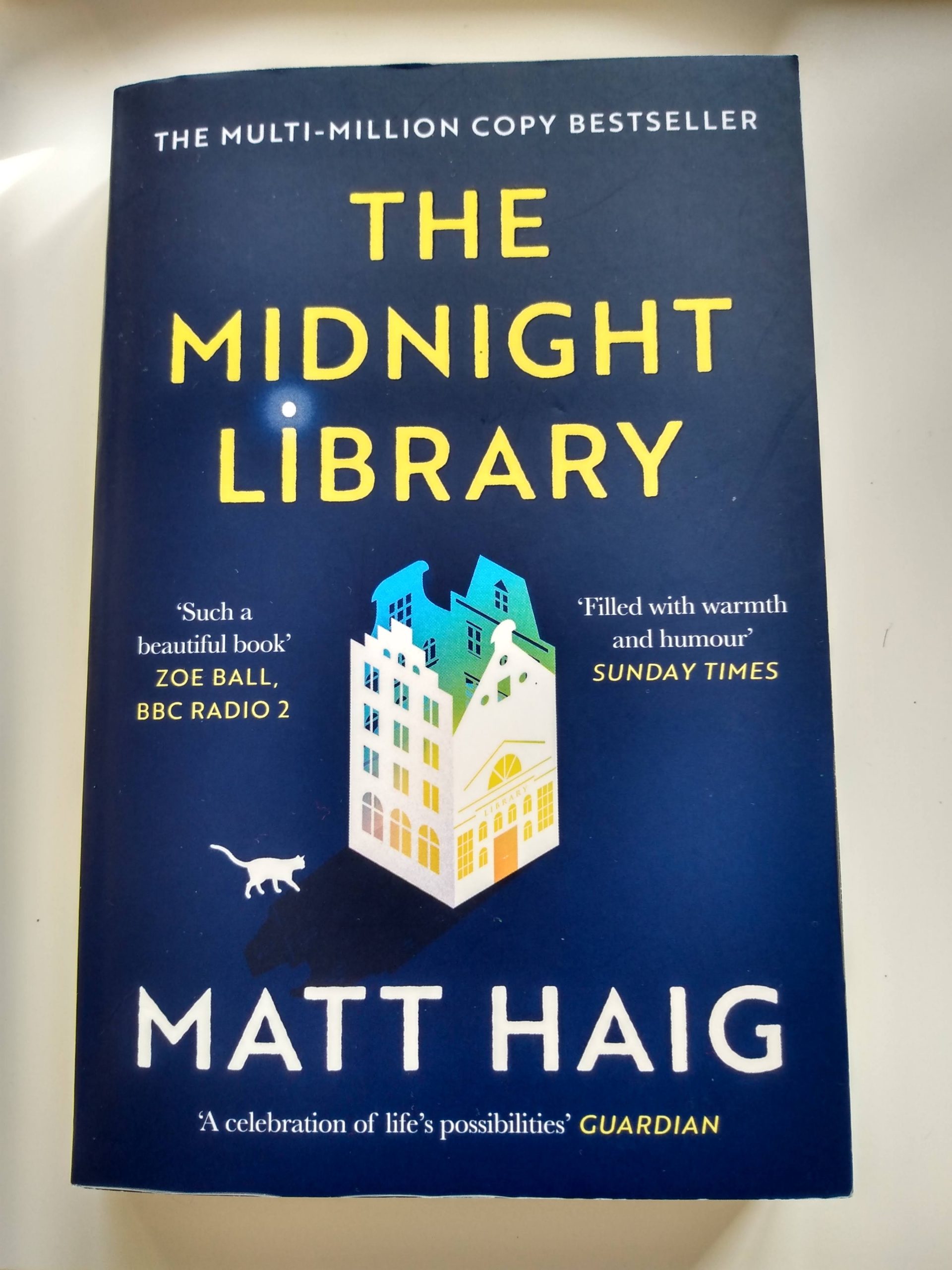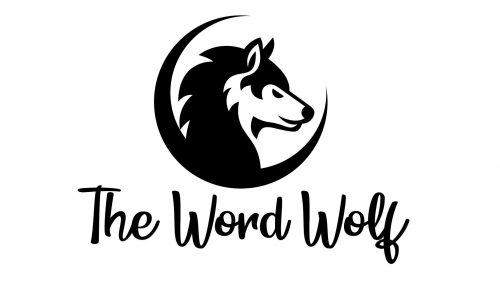The Midnight Library, by Matt Haig
'The Midnight Library' is about Nora Seed, a young woman struggling with depression. Very early on, Nora takes her own life, but before she actually dies she finds herself transported to a strange and magical library, complete with infinite books and the school librarian, Mrs Elm. By opening the books on the shelves, Nora is able to try out each of the other lives she might have lived if she had made different decisions along the way. It was a fun concept, allowing Haig ultimately to explore the important things in life, and what things like 'being happy' and 'being successful' actually mean.

The first thing that struck me about this book was how quickly it moved. This was because of a number of factors. Firstly, the chapters were very short, some less than a page long - so it was literally page-turning stuff. Secondly, it was incredibly well-written, making it very compelling. Thirdly, it was just packed with action. So much happened in this book; the plot really raced along. It was great.
I will say now that I appreciated the symbolic names. I like that sort of thing, and I noticed that Miss Seed, the protagonist, was buried and smothered in a dark place, but she ultimately had potential. Just like a seed! Nice. Mrs Elm, the librarian, did have more of the qualities of a tree in comparison to Nora Seed - she was sturdy and grounded, wise and experienced, and she introduced Nora to the idea of different branches of life stemming from different decisions. It all fitted into a theme of trees, which I quite liked.
Another thing that interested me about this book was the recurring motif of the chessboard. I say 'interested' here, deliberately, because I still can't quite decide whether I liked it. The idea of chess was used throughout the whole novel, and essentially the point Haig was making with this was that 'life is a game of chess.' I'm not sure I 100% agree with this as a philosophical outlook, but that's another discussion - here I'm talking about it in a literary sense.
On the one hand, I think the use of chess as a metaphor for life could have been more effective if Haig hadn't made it quite so explicit. In other words, the parallel between Nora's many lives and chess would have been apparent without the character of Mrs Elm needing to explain it. Sometimes I feel these things are best left subtle, otherwise it can come across as a bit heavy-handed, and even a bit condescending - did he think we wouldn't get it?
On the other hand, it was an extremely well-chosen extended metaphor, which worked on a number of different levels to illustrate what was actually quite a complicated concept. The infinite variations and positions on a chessboard mirrored the idea of the parallel universes; it also fitted the theme of decisions having endless consequences. Another parallel was the idea that the game is still afoot even when it seems as though you've lost all your pieces, this being one of the ultimate messages of the book.
Haig didn't only use imagery with the characters playing chess - sometimes he had the characters as chess pieces. At one point, in the library, Mrs Elm 'moved a black bishop across the board to take a white pawn.' This came immediately after a chapter in which Nora realised her partner Dan was too overbearing and that their relationship was unequal. I thought that was a really clever parallel. The other one I especially liked was about pawns - they may seem inconsequential and dispensable, but they are actually queens-in-waiting; it's just about persevering and moving forward to reach your full potential. A bit cheesy perhaps, but ultimately I was impressed by the number of facets Haig managed to draw out of this metaphor. It did just work with his entire concept.
Due to the nature of said concept, this book was rather philosophical. Haig justified this quite nicely by making his protagonist a philosophy graduate; this was quite a good way of getting around the inevitable philosophical discussions that arise out of such an inherently thoughtful book. But I couldn't decide whether it was sometimes a bit much. At times it was profound, but it occasionally felt like he was trying a bit too hard.
Overall, this was a good book. So Haig might have overdone it a little bit on the chess and the existential philosophy, but it was well-written and fast-moving, and at its heart there was a good message. The way Haig dealt with issues of mental health, especially depression and suicide, were both sensitive and timely.

Really interesting to read your thoughts on this book. I always enjoy the idea of all the paths we could have taken and the concept of different life endings fascinating. Have you read Jonathan Livingston Seagull by Richard Bach?
Thanks Carol! I have not, but I'll add it to my list.